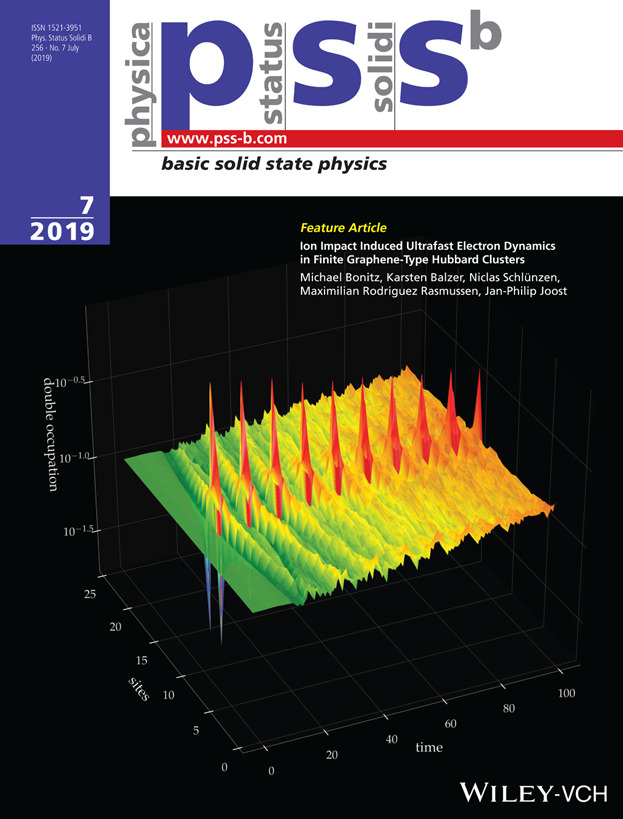Progress in Non-equilibrium Green’s Functions 8
Örebro (Sweden), 2023, 7-11 August
The Progress in Non-equilibrium Green’s functions (PNGF) conference series is generally acknowledged as the topical conferences on Non-equilibrium Green’s functions (NGF). The aim of PNGF8 is to bring together world-leading researchers directly involved in development and application of NGF methods, as well as young researchers, who address recent developments, current challenges and future perspectives.
The key open challenges in the field that PNGF8 will put focus on, is how to;
- reduce the memory and computational scaling of the NGF method,
- go from model systems to ab-initio descriptions of real materials,
- interface NGFs with other nonequilibrium methods, and
- develop improved NGF applications for time-dependent experimental techniques.
The nonequilibrium Green’s functions (NEGF) method has proven to be a powerful tool to describe quantum behavior for a variety of correlated many-body systems out of equilibrium. The cover image shows results of NEGF calculations of the response of a correlated chain of electrons in a Hubbard lattice to the impact of charged particles. The ions produce a local increase of the double occupation at the impact point, that is spreading through the system. With each successive particle impact the double-occupation level is significantly increased in time and gives rise to stable, delocalized doublons–bound electron pairs.

Leave a Reply